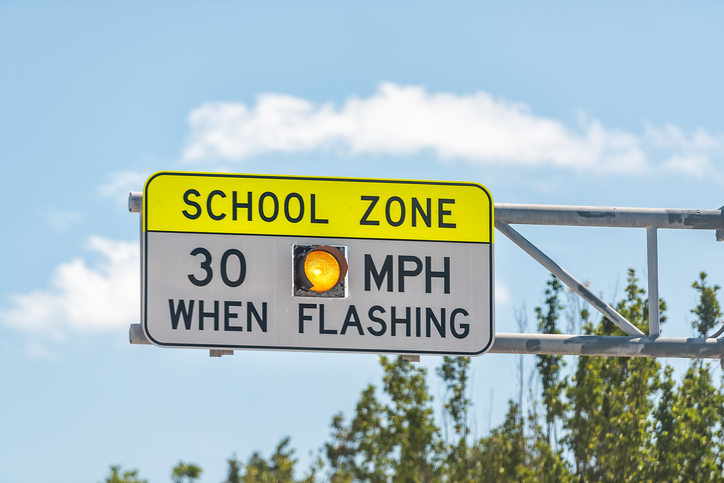 For some people, a daily commute is an escape before the demands of the day. For others, it can be stressful. For those who rely on public transportation to get around on a daily basis, there is a reasonable expectation of safety while they are on board a bus or train. Indeed, no one expects to be injured while on public transit. However, when these injuries occur, those responsible may be held accountable for their actions through a Texas personal injury lawsuit.
For some people, a daily commute is an escape before the demands of the day. For others, it can be stressful. For those who rely on public transportation to get around on a daily basis, there is a reasonable expectation of safety while they are on board a bus or train. Indeed, no one expects to be injured while on public transit. However, when these injuries occur, those responsible may be held accountable for their actions through a Texas personal injury lawsuit.
For example, in a recent Texas Supreme Court opinion, a plaintiff was injured while riding a bus supplied through a public transit authority. The plaintiff boarded a bus and grabbed onto a hanging strap. The bus was operated and driven by a new employee who was still in training, with his supervisor standing behind him. As the driver pulled away from the stop, another passenger shouted, “Back door!” to notify the driver that a passenger was still trying to exit from the vehicle’s rear door. Although the bus was only traveling less than five miles per hour, the driver made an abrupt stop, causing the plaintiff to fall forward into the partition behind the driver’s seat. The plaintiff suffered injuries to his neck and shoulder. After several months of treatment, the plaintiff underwent surgery to repair a herniated disc in his neck.
The plaintiff sued the transit authority, claiming it was negligent and responsible for his injuries. Because the defendant was a common carrier, the plaintiff argued, they owed him a duty to exercise “a high degree of care.” In Texas, common carriers are people or entities that are in the business of carrying passengers or goods and are hire-able by the public. To qualify as a common carrier, the entity must provide transportation services to the general public, as opposed to services for particular individuals or specific groups.

 Texas Injury Lawyers Blog
Texas Injury Lawyers Blog










 For some people, a daily commute is an escape before the demands of the day. For others, it can be stressful. For those who rely on public transportation to get around on a daily basis, there is a reasonable expectation of safety while they are on board a bus or train. Indeed, no one expects to be injured while on public transit. However, when these injuries occur, those responsible may be held accountable for their actions through a Texas personal injury lawsuit.
For some people, a daily commute is an escape before the demands of the day. For others, it can be stressful. For those who rely on public transportation to get around on a daily basis, there is a reasonable expectation of safety while they are on board a bus or train. Indeed, no one expects to be injured while on public transit. However, when these injuries occur, those responsible may be held accountable for their actions through a Texas personal injury lawsuit.